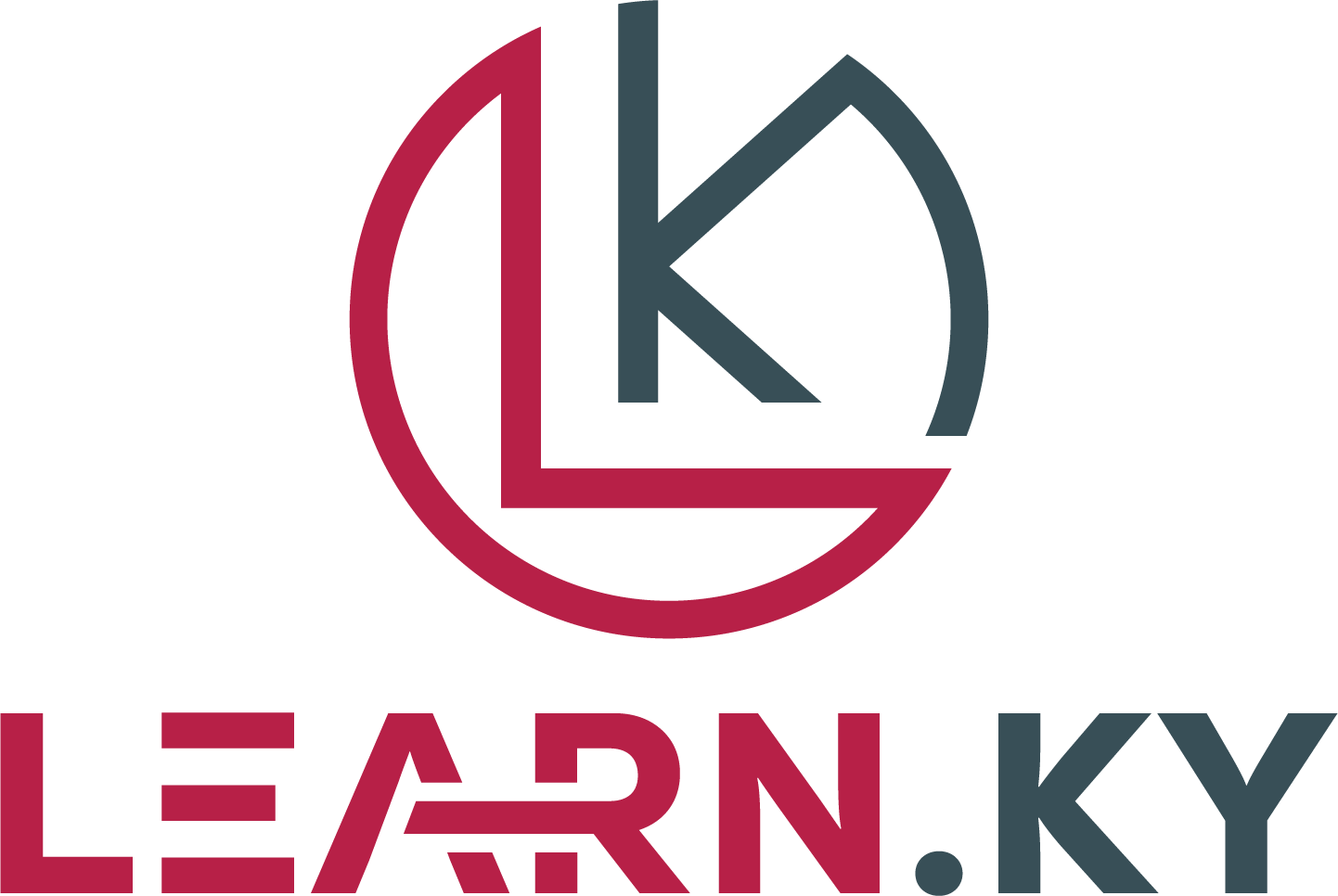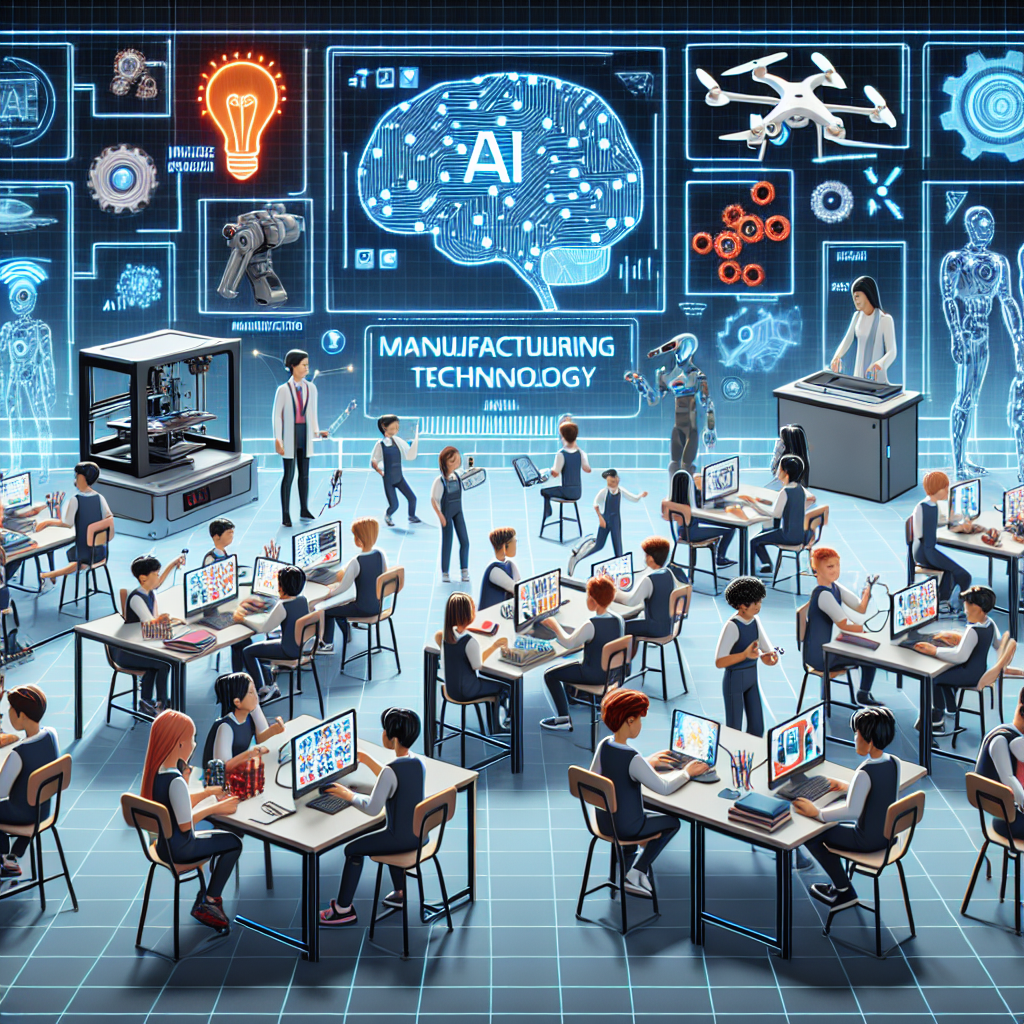In recent years, Artificial Intelligence (AI) has been making waves across various industries, revolutionizing the way we work, communicate, and innovate. One such sector that is poised to benefit immensely from AI technology is manufacturing. The integration of AI in Education Technology (EdTech) is paving the way for a new era of smart manufacturing, where intelligent systems and machines work together seamlessly to optimize production processes and drive efficiency. This article delves deep into the future of AI EdTech in manufacturing, exploring how this fusion of intelligent technology is reshaping the industry and opening up new possibilities for growth and development.
The Rise of AI in Manufacturing
The manufacturing industry has always been at the forefront of technological advancements, constantly seeking ways to improve productivity, reduce costs, and enhance quality. The integration of AI into manufacturing processes is a natural evolution of this drive for innovation. AI technologies such as machine learning, computer vision, and natural language processing are being leveraged to automate repetitive tasks, analyze data, and make real-time decisions, leading to a more agile and responsive manufacturing environment.
One key area where AI is making a significant impact is predictive maintenance. By using AI algorithms to analyze sensor data and historical maintenance records, manufacturers can predict when a machine is likely to fail and schedule maintenance proactively, reducing downtime and costly repairs. This predictive maintenance approach not only increases operational efficiency but also prolongs the lifespan of machines, ultimately lowering maintenance costs and improving overall productivity.
Another important application of AI in manufacturing is quality control. By integrating computer vision and machine learning algorithms into the production line, manufacturers can detect defects and anomalies in real-time, ensuring that only high-quality products reach the market. This not only reduces the risk of defective products slipping through the cracks but also enhances customer satisfaction and brand reputation.
Furthermore, AI-powered robotics is transforming the way manufacturing facilities operate. Autonomous robots equipped with AI capabilities are being used to perform a wide range of tasks, from assembly and packaging to material handling and inventory management. These intelligent robots can work alongside human workers, taking on repetitive and physically demanding tasks, thereby improving safety, efficiency, and productivity.
The Future of AI EdTech in Manufacturing
As AI technology continues to advance, the future of AI EdTech in manufacturing looks promising. With the rise of Industry 4.0 and the Internet of Things (IoT), manufacturers are increasingly adopting AI-powered solutions to create smart factories that are interconnected, data-driven, and autonomous. AI EdTech platforms are being developed to provide personalized training and upskilling programs for workers, enabling them to leverage AI technology effectively and adapt to the changing demands of the industry.
Moreover, AI-powered simulation tools are being used to optimize production processes, design new products, and predict market trends. By simulating different scenarios and analyzing vast amounts of data, manufacturers can make informed decisions and drive innovation in a fast-paced and competitive market. AI EdTech is also enabling manufacturers to implement sustainable practices, such as energy optimization, waste reduction, and resource efficiency, thereby promoting environmental stewardship and long-term sustainability.
Conclusion
In conclusion, the future of AI EdTech in manufacturing holds immense potential for revolutionizing the industry and driving growth and innovation. By harnessing the power of AI technologies, manufacturers can streamline operations, improve quality, and maximize productivity. The integration of AI EdTech not only enhances efficiency and profitability but also empowers workers with the skills and knowledge to thrive in a digital era. As we move towards a more interconnected and intelligent manufacturing landscape, it is imperative for businesses to embrace AI EdTech and leverage its transformative capabilities to stay ahead of the curve and remain competitive in a rapidly evolving market.










